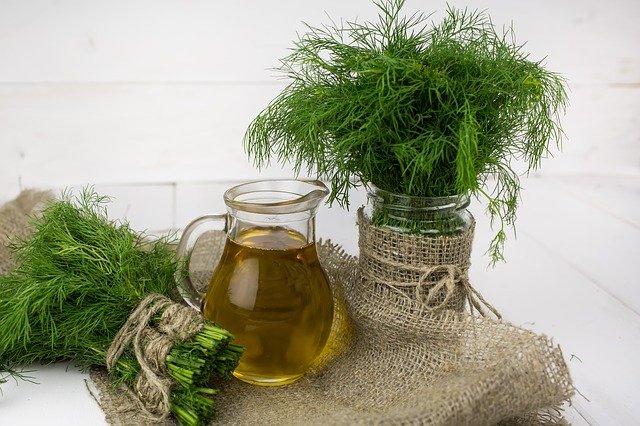
In a new study, researchers at the University of Georgia have found that a high-fat diet enriched with cottonseed oil drastically improved cholesterol profiles in young adult men.
The team conducted a five-day outpatient feeding trial of 15 healthy, normal weight men to test the effects of diets enriched with cottonseed oil and olive oil on lipid profiles.
The participants were all healthy men between the ages of 18 and 45.
They were provided high-fat meals for five days in two separate, tightly controlled trials, the only difference being the use of either cottonseed oil or olive oil in the meals.
The team found that participants showed an average decrease of 8% in total cholesterol on the cottonseed oil diet, along with a 15% decrease in low-density lipoprotein, or LDL (the “bad” cholesterol) and a 30% decrease in triglycerides.
These are big reductions in cholesterol and triglycerides compared to minimal changes on the olive oil-enriched diet.
This diet also increased high-density lipoproteins, or HDL (the “good” cholesterol) by 8 percent.
The team suggests that one of the reasons these results were so surprising is because of the magnitude of change observed with the cottonseed oil diet. This amount of change in such a short period of time is exciting.
The researchers suggest a fatty acid unique to cottonseed oil, dihydrosterculic acid, may help prevent the accumulation of triglycerides, a type of fat, in the body.
That mechanism, in addition to the high polyunsatured fat and omega-6 content of cottonseed oil, seems to be a key component to the beneficial effects on lipid profiles.
By doing that, it pushes the body to burn more of that fat because it can’t store it properly, so you have less lipid and cholesterol accumulation.
Jamie Cooper, an associate professor in the UGA College of Family and Consumer Sciences’ department of foods and nutrition, is the corresponding author of the journal article.
The study is published in the journal Nutrition Research.
Besides cottonseed oil, there are other foods that could help lower cholesterol:
Oats. An easy way to start lowering cholesterol is to choose oatmeal or a cold oat-based cereal like Cheerios for breakfast.
Beans. Beans are especially rich in soluble fiber. They also take a while for the body to digest, meaning you feel full for longer after a meal.
That’s one reason beans are a useful food for folks trying to lose weight.
Nuts. A bushel of studies shows that eating almonds, walnuts, peanuts, and other nuts are good for the heart.
Eating 2 ounces of nuts a day can slightly lower LDL, on the order of 5%. Nuts have additional nutrients that protect the heart in other ways.
Foods fortified with sterols and stanols. Sterols and stanols extracted from plants gum up the body’s ability to absorb cholesterol from food.
Getting 2 grams of plant sterols or stanols a day can lower LDL cholesterol by about 10%.
Fatty fish. Eating fish two or three times a week can lower LDL in two ways: by replacing meat, which has LDL-boosting saturated fats, and by delivering LDL-lowering omega-3 fats.
Omega-3s reduce triglycerides in the bloodstream and protect the heart by helping prevent the onset of abnormal heart rhythms.
Copyright © 2018 Knowridge Science Report. All rights reserved.
Source: University of Georgia.



